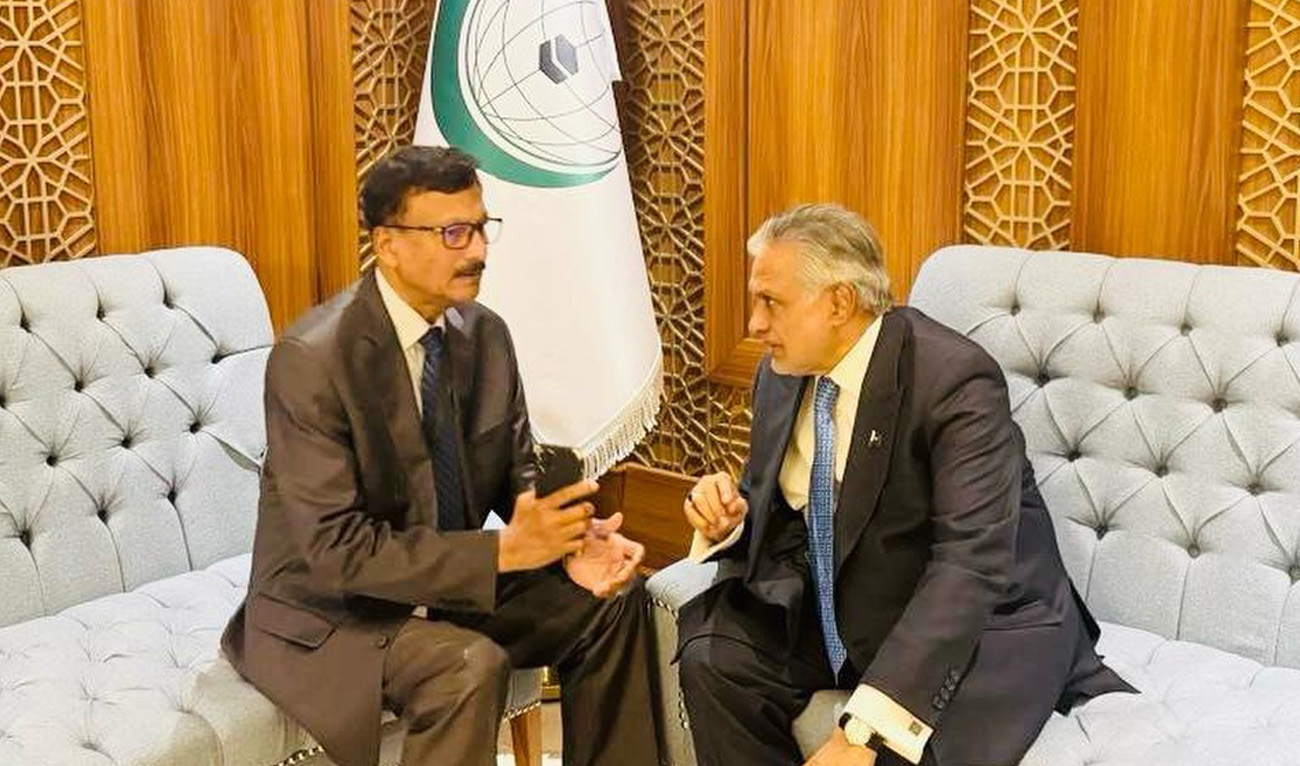ISLAMABAD: Afghanistan restored internet after a two-day blockage following directives from the office of the interim Prime Minister Mullah Hassan Akhund, the state-owned TOLO news agency said on Wednesday.
Panic spread across the country on Monday when internet connectivity, including mobile services, was abruptly cut without any prior warning from the Taliban administration, leaving approximately 42 million people disconnected from the world.
This nationwide disruption affected government institutions, banking sectors, customs operations across the border, and visa application processes.
Several Afghan provinces confirmed the internet shutdown followed a decree by Taliban leader Hibatullah Akhundzada aimed at combating immorality, reported AFP.
“From the past 24 hours, we have been trying to reach our father, but every call goes unanswered,” said Jameela from Pakistan, who had been desperately trying to contact her father in Kabul. “We don’t know if he is safe.”
While reports emerged of the restoration of internet services in parts of Afghanistan following directives, millions like Jameela were affected by the internet blackout.
This disruption not only upended lives across Afghanistan but also caused disturbances in neighbouring Pakistan.
Visa disruption
The internet disruption also severely affected consular services. The Embassy of Pakistan in Kabul was unable to issue visas to Afghan nationals during the outage, according to Pakistani digital media outlet The Khorasan Diary.
In addition, the internet blackout caused serious problems for people applying for visas, said Afghan journalist Farishta Aziz. Since most visa procedures are online, applicants must submit forms, upload documents, and book appointments through the internet, she added.
“During the outages, many were unable to complete their applications on time or follow updates from embassies. As a result, some families lost important opportunities, increasing their stress and anxiety,” Aziz said.
Trade between Pakistan and Afghanistan
Bilateral trade between Pakistan and Afghanistan also suffered. The absence of internet services meant that trade processes could not be computerized, resulting in delays in the clearance of goods, particularly for traders handling perishable items.
For any goods to be transported across the border, online verification by authorities is mandatory. Speaking to Pakistan TV digital, local trader Ibrahim Shinwari said, “Since the internet was disrupted, all goods requiring verification from Afghan trading authorities couldn’t be processed.”
Due to the disruption in internet service, former president of the Peshawar Chamber of Commerce Shahid Khan said transactions across the banking sector came to a sudden halt.
“There is still a fear among the people that if any disruption emerges again, it would further impact the already stalled bilateral trade between the two countries,” said Khan.
Communities and traders fear the uncertainty surrounding the future of internet services in Afghanistan. Any new decisions could not only disrupt bilateral trade but also deeply affect people's lives.


.jpg)



